Before we discuss the 7 day meal plan for kidney disease, we have to know about kidney disease first. Kidney disease, also known as renal disease, refers to a condition where the kidneys become damaged and are unable to function properly. The kidneys are vital organs responsible for filtering waste products, excess fluids, and toxins from the blood, regulating electrolyte balance, and producing hormones that regulate blood pressure and red blood cell production.
Living with kidney disease requires careful attention to dietary choices to manage symptoms and support overall health. A well-balanced meal plan tailored to the needs of kidney health can help individuals with kidney disease maintain proper nutrition while reducing the risk of complications. Here’s a detailed 7 day meal plan designed to support kidney health and provide a variety of delicious and nutritious options.
7 Day meal plan for kidney disease, Day 1:
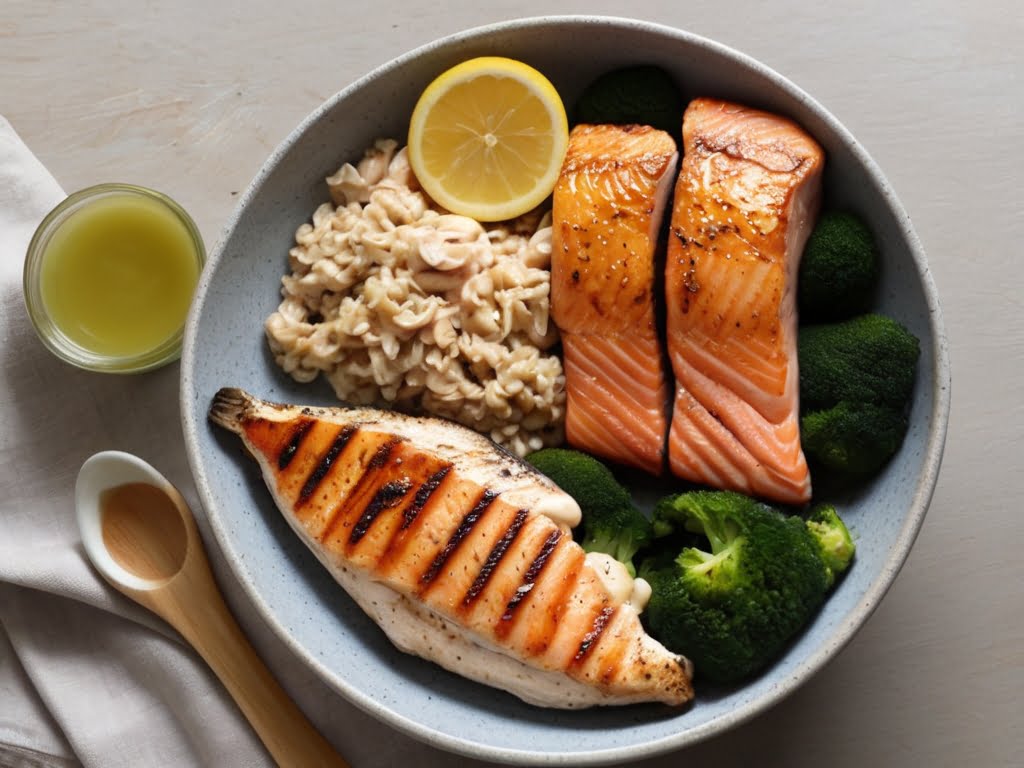
Breakfast: Oatmeal is a great choice for kidney health as it is high in fiber and low in sodium and potassium. Strawberries add a burst of flavor and antioxidants, while walnuts provide healthy fats and protein.
Lunch: opt for grilled chicken breast, which is a lean source of protein. The salad is filled with hydrating vegetables and dressed with balsamic vinaigrette, which is lower in sodium compared to other dressings.
Dinner: Salmon is rich in omega-3 fatty acids, which have anti-inflammatory properties and are beneficial for kidney health. Asparagus and carrots are low-potassium vegetables that provide fiber and essential nutrients.
7 Day meal plan for kidney disease, Day 2:

Breakfast: Greek yogurt is a good source of protein and calcium, but be sure to choose varieties that are lower in potassium. Blueberries are low in potassium and high in antioxidants, making them a kidney-friendly fruit.
Lunch: Lentils are high in fiber and protein and lower in phosphorus than other beans, making them an excellent choice for kidney health. Whole-grain bread adds additional fiber and carbohydrates.
Dinner: Tofu is a versatile plant-based protein that is low in potassium and phosphorus. Stir-frying vegetables helps retain their nutrients, and using low-sodium soy sauce reduces sodium intake.
7 Day meal plan for kidney disease, Day 3:

Breakfast: You can prepare eggs in various ways, making them a high-quality protein source. Spinach and mushrooms are low-potassium vegetables that add flavor and nutrients.
Lunch: Turkey chicken is a lean protein option that contains less phosphorus than red meat. Avocado provides heart-healthy fats, while whole-grain tortillas offer fiber.
Dinner: Cod fish is a mild-tasting fish that is low in potassium and phosphorus. Brussels sprouts are a cruciferous vegetable that is rich in antioxidants and fiber.
7 Day meal plan for kidney disease, Day 4:
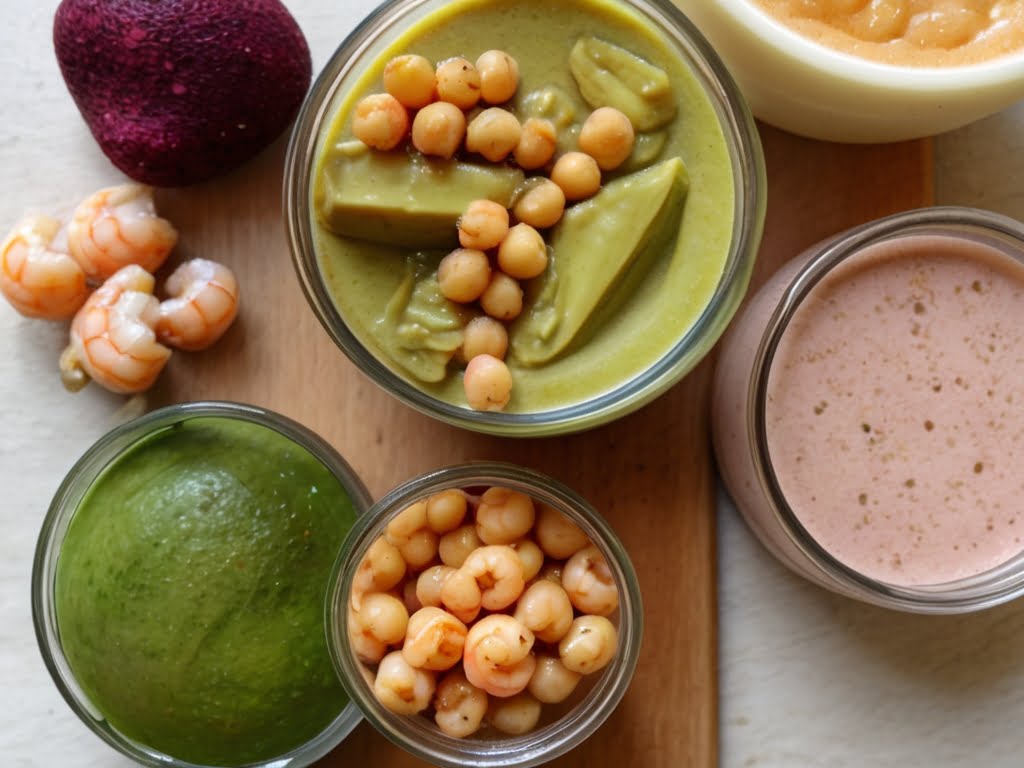
Breakfast: Smoothies are a convenient way to pack in nutrients, and using low-potassium fruits like berries and spinach keeps potassium levels in check. Using low-phosphorus yogurt or almond milk helps reduce phosphorus intake.
Lunch: Chickpeas are a good plant-based protein source that is lower in phosphorus compared to animal proteins. The lemon-tahini dressing enhances flavor without adding too much sodium.
Dinner: Shrimp is a low-fat protein option that is low in phosphorus and potassium. Zucchini and cherry tomatoes are low-potassium vegetables that are rich in vitamins and minerals.
7 Day meal plan for kidney disease, Day 5:

Breakfast: Whole-grain pancakes provide complex carbohydrates and fiber, while peaches add natural sweetness and vitamins. Turkey bacon is a lower-sodium alternative to traditional bacon.
Lunch: Quinoa is a complete protein that is lower in phosphorus than other grains. Black beans add additional protein and fiber, while watermelon is a hydrating fruit that is low in potassium.
Dinner: Chicken thighs are a flavorful cut of meat that is lower in phosphorus compared to darker cuts like drumsticks. Sweet potatoes are a good source of vitamins A and C, and broccoli is rich in fiber and antioxidants.
7 Day meal plan for kidney disease, Day 6:

Breakfast: Cottage cheese is high in protein and calcium, but be sure to choose varieties that are lower in sodium. Pineapple adds natural sweetness and vitamin C, while almonds provide healthy fats and crunch.
Lunch: Season grilled vegetables with herbs and spices for flavor, as they are low in potassium and phosphorus. Hummus adds protein and creaminess to the wrap.
Dinner: Turkey chili is a hearty dish that is high in protein and fiber. Whole-grain flour cornbread serves as an excellent side dish and adds extra fiber.
7 Day meal plan for kidney disease, Day 7:
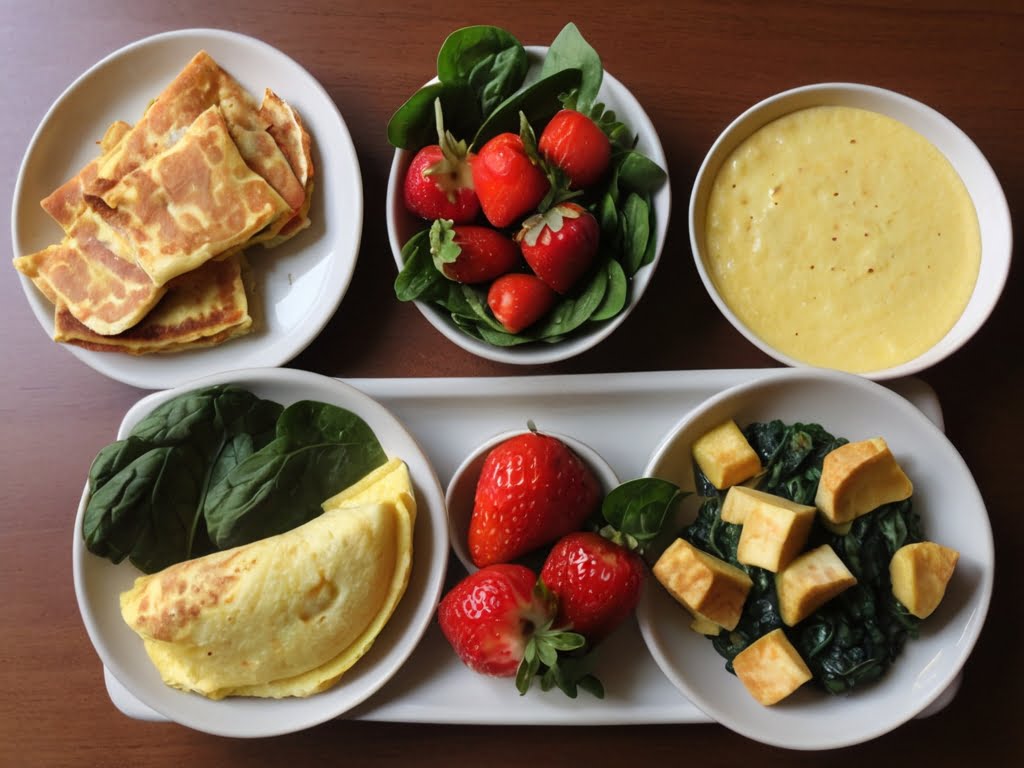
Breakfast: Vegetable-based omelets are a nutritious and filling breakfast option. Tomatoes add freshness and antioxidants, while whole-grain toast provides fiber.
Lunch: Spinach and strawberries make a refreshing salad combination that is rich in vitamins and antioxidants. Sliced almonds add crunch and healthy fat.
Dinner: You can flavor baked tofu with various sauces and seasonings, making it a versatile meatless protein option. Brown rice is a whole grain that contains less phosphorus than white rice.
Meal preparation for Kidney disease typically involves following a kidney-friendly diet that helps manage the condition and minimize further damage to the kidneys.
Here are some general guidelines for meal preparation:
1. Limit Sodium: Reduce the amount of salt in your meals to help control blood pressure and reduce fluid retention. Use herbs, spices, lemon juice, or vinegar to add flavor to your dishes instead of salt.
2. Watch Protein Intake: Too much protein can strain the kidneys, so it’s important to consume the right amount of high-quality protein. Include lean sources of protein such as poultry, fish, eggs, and small portions of lean cuts of meat. Plant-based sources of protein like beans, lentils, and tofu can also be included.
3. Control Potassium and Phosphorus: Potassium and phosphorus levels in the blood can become elevated in kidney disease. Limit foods high in potassium, such as bananas, oranges, tomatoes, potatoes, and dairy products. Similarly, limit foods high in phosphorus, including dairy products, nuts, seeds, and whole grains.
4. Choose Kidney-Friendly Carbohydrates: Opt for whole grains such as brown rice, quinoa, and whole wheat bread instead of refined grains. These are lower in phosphorus and potassium.
5. Monitor Fluid Intake: Depending on your individual circumstances, you may need to limit fluid intake to avoid fluid retention and swelling. Your healthcare provider can provide guidance on how much fluid is appropriate for you.
6. Include Healthy Fats: Choose healthy fats such as olive oil, avocado, and nuts instead of saturated and trans fats. These fats can help reduce inflammation and protect heart health.
7. Portion Control: Pay attention to portion sizes to avoid overeating, which can put extra strain on the kidneys. Use smaller plates and bowls to help control portion sizes.
8. Plan Balanced Meals: Aim for meals that include a balance of protein, carbohydrates, and healthy fats, along with plenty of fruits and vegetables. This can help ensure you get the nutrients you need without overloading on any one nutrient.
9. Limit Processed Foods: Processed foods tend to be high in sodium, phosphorus, and other additives that can be harmful to kidney health. Choose fresh, whole foods whenever possible and limit processed and packaged foods.
10. Consult a Dietitian: A registered dietitian with experience in kidney disease can provide personalized dietary recommendations and meal plans tailored to your specific needs and preferences.
Remember to work closely with your healthcare provider and dietitian to develop a meal plan that meets your individual nutritional requirements while supporting kidney health. They can provide guidance on specific dietary restrictions and adjustments based on your kidney function and overall health status.
Here are some additional advice for kidney disease patients:
1. Follow Medical Advice: Work closely with your healthcare provider to develop a treatment plan tailored to your specific needs. This may include medications to manage underlying conditions like diabetes or high blood pressure, which can exacerbate kidney disease.
2. Monitor Blood Pressure: High blood pressure can accelerate kidney damage. Monitor your blood pressure regularly and follow your doctor’s recommendations for keeping it within a healthy range.
3. Control Blood Sugar Levels: If you have diabetes, keeping your blood sugar levels under control is crucial for managing kidney disease. Follow a diabetic diet, take medications as prescribed, and monitor your blood sugar levels regularly.
4. Adopt a Kidney-Friendly Diet: Eating a balanced and kidney-friendly diet can help reduce the workload on your kidneys. This typically involves limiting sodium, potassium, and phosphorus intake while ensuring an adequate intake of protein and other nutrients. Your healthcare provider or a dietitian can provide personalized dietary recommendations.
5. Stay Hydrated: Drinking enough water is important for kidney health, but the recommended amount may vary depending on your individual circumstances. Your healthcare provider can advise you on how much fluid intake is appropriate for you.
6. Quit Smoking: Smoking can worsen kidney disease and increase the risk of complications such as cardiovascular disease. Quitting smoking can help slow the progression of kidney damage and improve overall health.
7. Exercise Regularly: Regular physical activity can help control blood pressure, manage blood sugar levels, and maintain a healthy weight, all of which are beneficial for kidney health. Consult your healthcare provider before starting any exercise program.
8. Manage Stress: Chronic stress can negatively impact overall health, including kidney function. Finding healthy ways to manage stress, such as relaxation techniques, exercise, or counseling, may be beneficial.
9. Avoid Nephrotoxic Substances: Certain medications, over-the-counter drugs, and substances like alcohol and recreational drugs can be harmful to the kidneys. Talk to your healthcare provider about any medications or substances you should avoid.
10. Attend Regular Check-ups: Regular monitoring of kidney function through blood tests and urine tests is essential for managing kidney disease. Attend scheduled appointments with your healthcare provider and follow their recommendations for follow-up care.
Remember, every individual’s situation is unique, so it’s important to work closely with your healthcare provider to develop a personalized treatment plan.
Following a balanced and nutritious meal plan is essential for managing kidney disease and promoting overall health. This 7 Day meal plan for kidney disease provides a variety of delicious options that are low in sodium, phosphorus, and potassium, while still being flavorful and satisfying. Remember to consult with a healthcare provider or a registered dietitian to customize a meal plan that meets your individual dietary needs and restrictions.

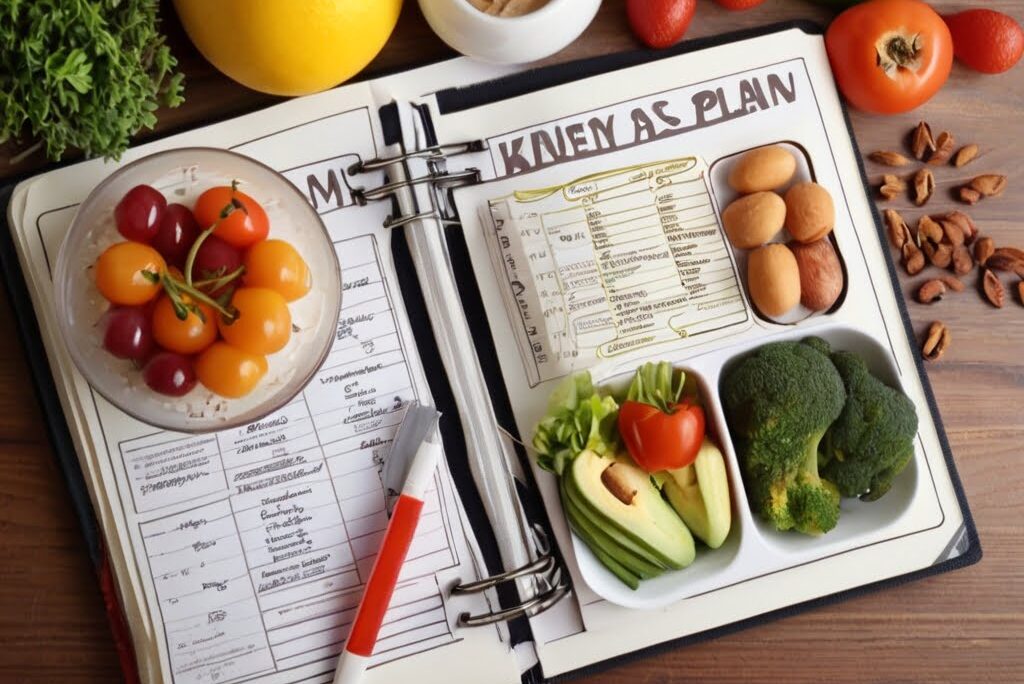

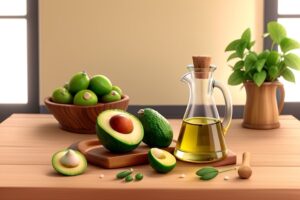

Youre so cool! I dont suppose Ive read anything in this way before So nice to locate somebody by incorporating original ideas on this subject realy we appreciate you beginning this up this website is something that is required on the net, an individual with a little originality helpful task for bringing a new challenge towards the world wide web!